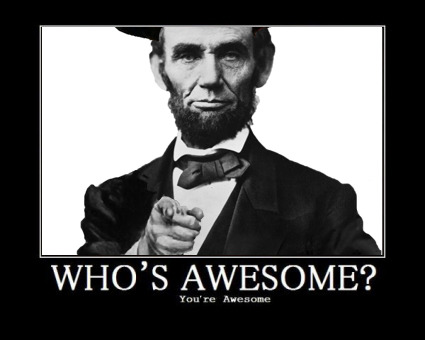 This has been making the rounds in the higher ed circles. One of my colleagues mentioned that a faculty member contacted her as a result of reading this...if only we could all be so lucky.
This has been making the rounds in the higher ed circles. One of my colleagues mentioned that a faculty member contacted her as a result of reading this...if only we could all be so lucky.
What students don't know: study of student research habits
"...have learned over the course of a two-year, five-campus ethnographic study examining how students view and use their campus libraries: students rarely ask librarians for help, even when they need it. The idea of a librarian as an academic expert who is available to talk about assignments and hold their hands through the research process is, in fact, foreign to most students. Those who even have the word “librarian” in their vocabularies often think library staff are only good for pointing to different sections of the stacks."
"At Illinois Wesleyan University, “The majority of students -- of all levels -- exhibited significant difficulties that ranged across nearly every aspect of the search process,” according to researchers there. They tended to overuse Google and misuse scholarly databases. They preferred simple database searches to other methods of discovery, but generally exhibited “a lack of understanding of search logic” that often foiled their attempts to find good sources."





